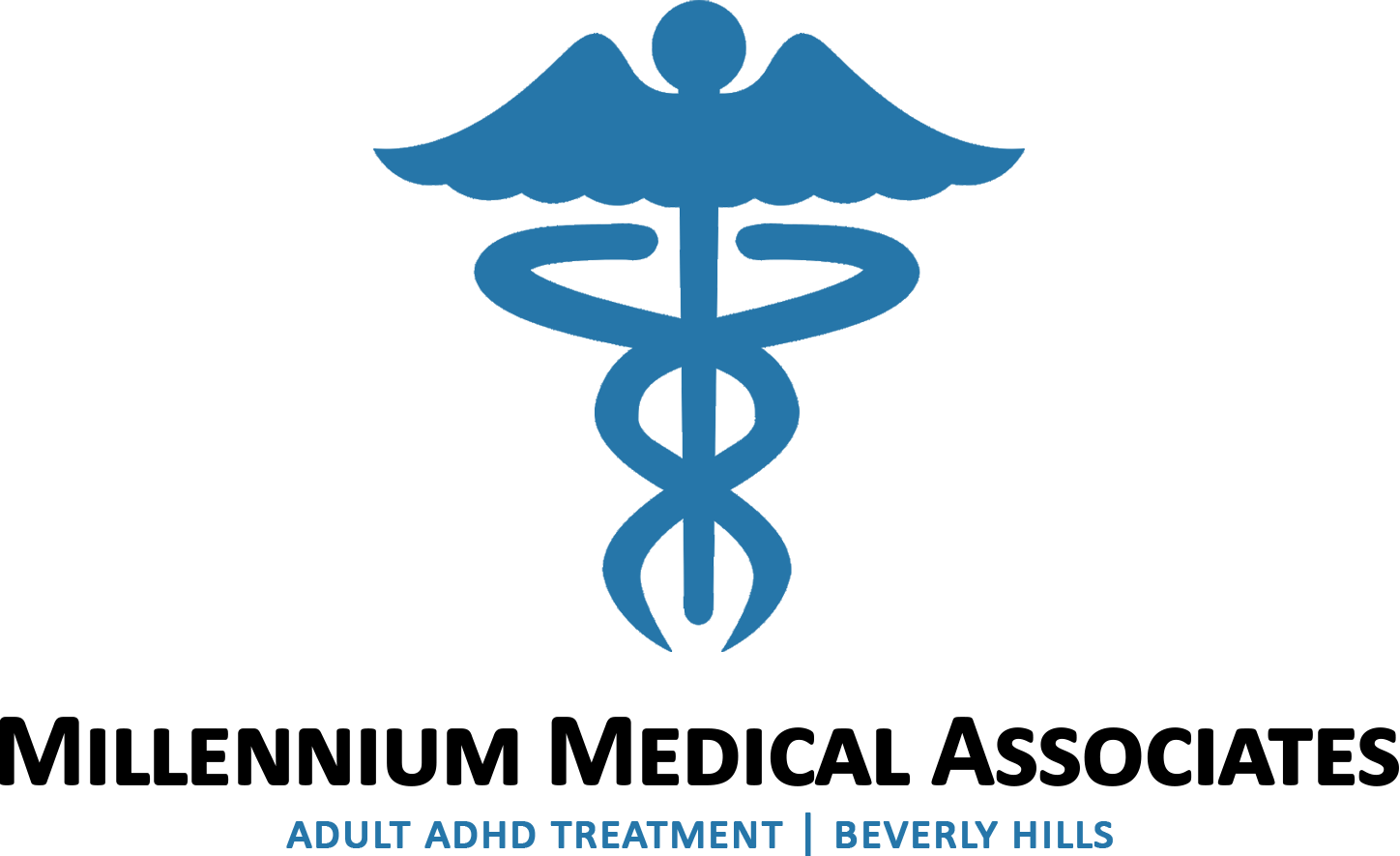What College Students Should Know About ADHD
Hi everyone, Emily here.
ADHD is often thought of as a condition that mainly affects children. However, research shows that symptoms last into adolescence and adulthood for about 50-65% of ADHD patients. Many of these patients are college students—in fact, it’s estimated that about 8% of college students in the United States have ADHD.
Navigating college with ADHD can be a struggle. Certain skills that are essential to success in higher education, such as time management, organization, and sustained focus, are often difficult for people with ADHD. Additionally, college students may not have access to the same level of support from parents and teachers that they received during high school. But while it may not be quite as readily available, it’s important for college students with ADHD to know that they can get help for managing their condition.
ADHD is a “protected disability,” according to the Americans with Disabilities Act (ADA). This means that people who have been diagnosed with ADHD are legally protected from discrimination and are entitled to receive reasonable academic accommodations, such as extra time for taking tests or use of a private testing room.
Certain conditions must be met to qualify for ADHD accommodations. Typically, students must be evaluated for ADHD by a doctor, and must submit an application along with a signed letter from the doctor, stating that they have ADHD. I recommend choosing a doctor who specializes in working with adults with ADHD. That way, you’ll also have the opportunity to receive appropriate treatment for managing your condition.
I see many college students at my ADHD practice in Beverly Hills, and I do offer testing accommodations evaluations. You do not have to be a current patient at the practice to use this service. To begin with, we will send you two questionnaires that are used to evaluate for ADHD. If your results are positive for ADHD, we will then schedule an office visit to discuss more, and complete the application and physician’s letter. Contact the office at 310-360-5917 if you have questions about this service. You can also view the fee schedule for testing accommodations evaluations on our website.
Finally, students with ADHD should know that they are not alone. In fact, about 25% of college students who are receiving disability services have ADHD. I recommend speaking to your university’s counseling center or office of disability services to find out more about what services and accommodations are available to you.

